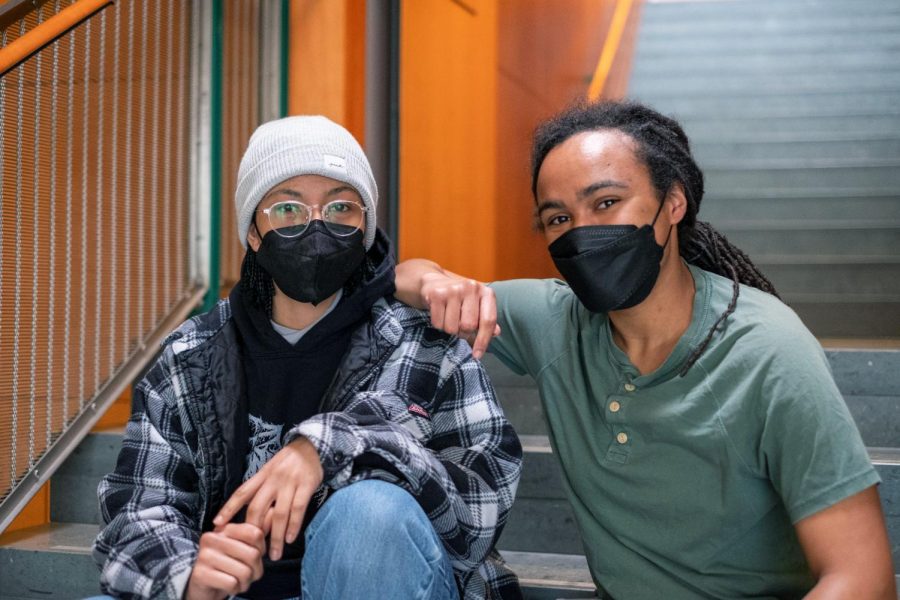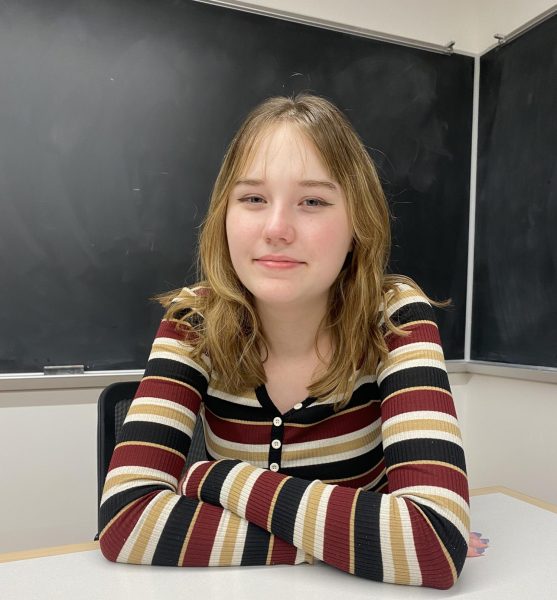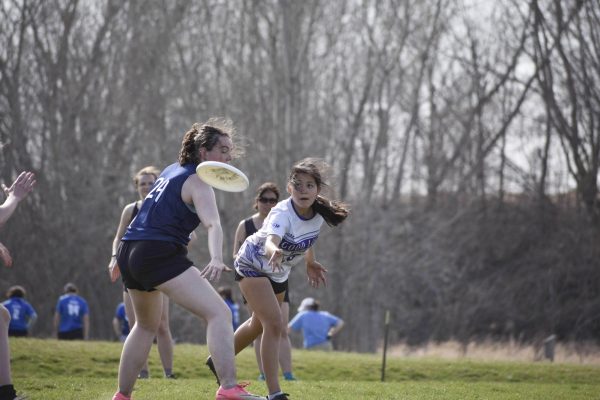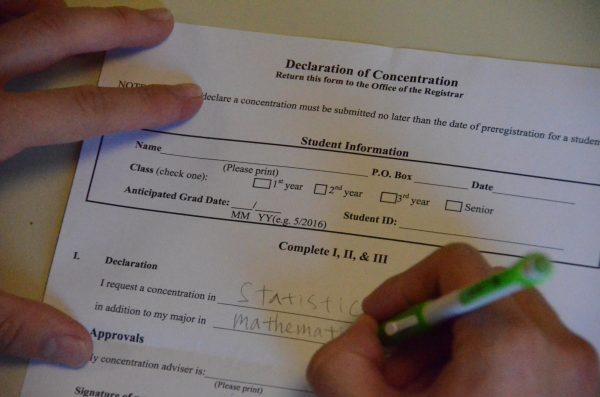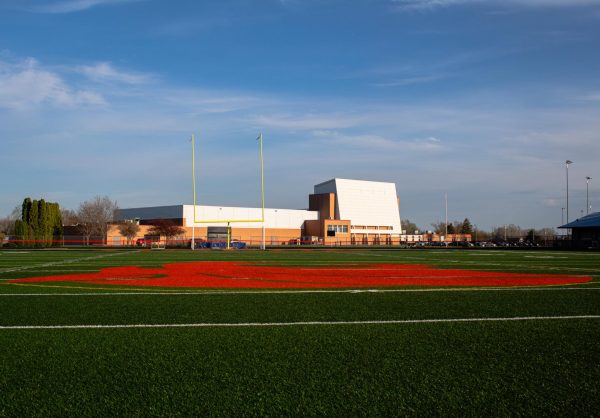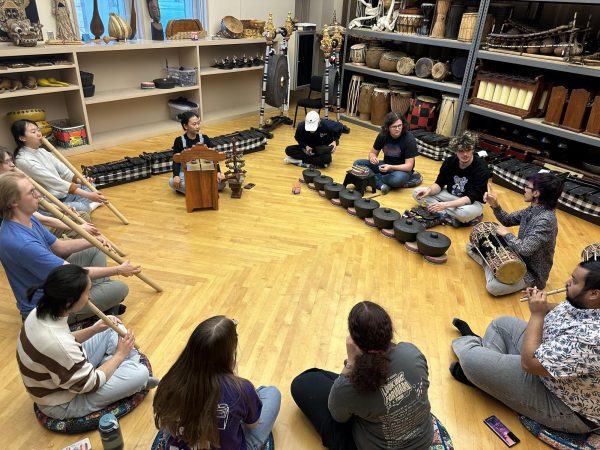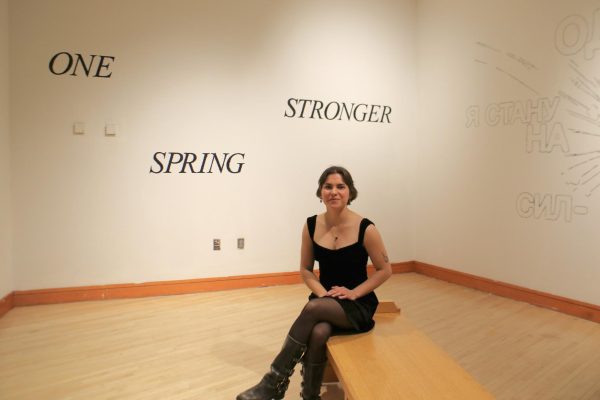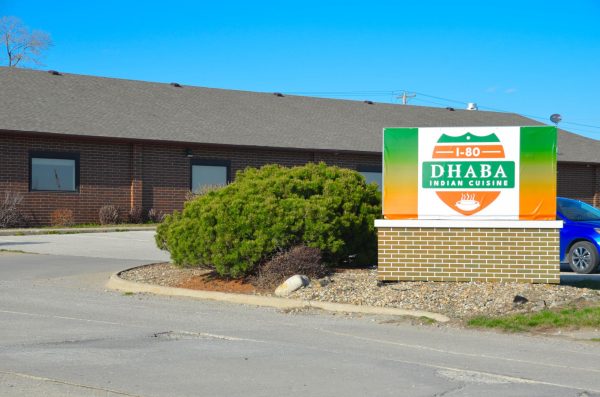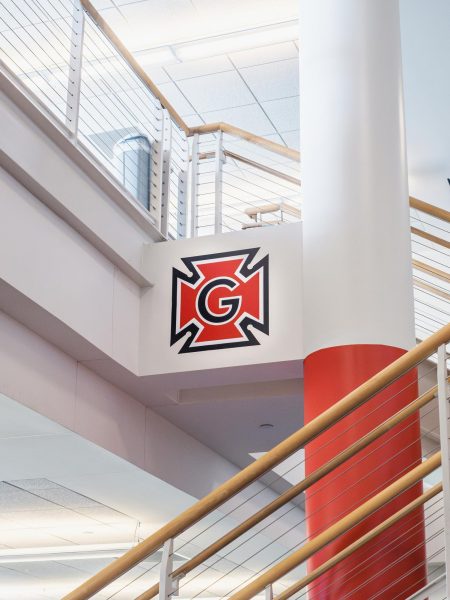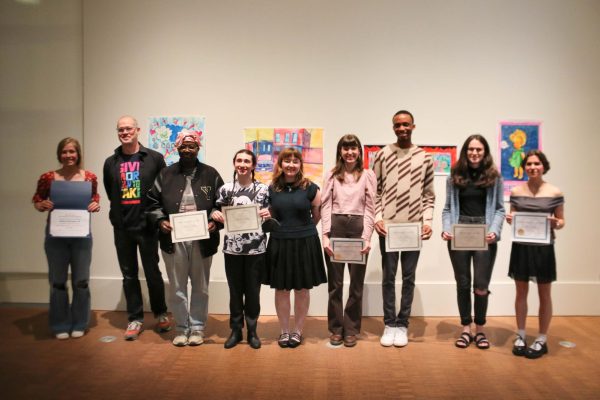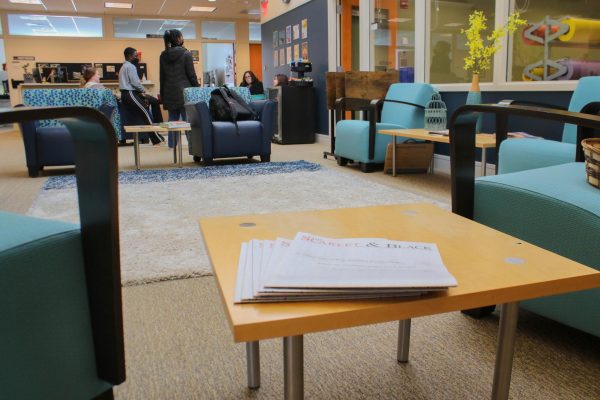BSU distributes mutual aid to Black students
Evelynn Coffie `24 (Left) and Bethany Willig `23 (Right)
March 12, 2023
After multiple acts of racial harassment and vandalism directed towards Black students in October 2022, the Grinnell College Black Student Union (BSU) mobilized to create a mutual aid fund. The mutual aid fund — raised through GoFundMe — was organized in the hopes of alleviating monetary worries for Black students seeking resources following these incidents. On the week of Feb. 27, the BSU, partnered with the Des Moines Black Liberation Movement (Des Moines BLM), began distributing funds to students requesting them.
According to BSU Executive Cabinet members, the need for a mutual aid fund arose in response to inadequate funding the College provided to Black students who required emergency resources such as groceries or transportation for appointments. Compared to the College’s emergency fund, which a student can only request once per year and requires an explanation for requesting, the BSU’s mutual aid fund is less restrictive for students.
“The whole point [of the fund] is…not denying students money, because that’s what the school can do sometimes,” Evelynn Coffie `24, vice-spokesperson and treasurer of the BSU, said. “And also for students not to have to explain or hash out their traumas or over explain why they need it, because we shouldn’t have to do that.”
Bethany Willig `23, co-spokes- person of the BSU, agreed with Coffie’s statement of not denying students’ requests through the mutual aid fund. Willig emphasized the reservations students had not only with the general environment following the racial incidents but also the College’s response.
“Following the anti-Black hate crimes in the fall right before midterms, we called an emergency BSU meeting where we had 90 or something Black students in one room. We were there for three hours like, ‘What do we do? How do we feel safe?’ And I think it was very obvious and clear that the College was not meeting our needs,” Willig said.
The BSU decided on a mutual aid fund partnered with an outside non-
profit to provide resources to Black students because of the flexibility it offers. As a grassroots movement, a mutual aid fund relies on donations from people in the community it affects. The Executive Cabinet of the BSU noted how the demands Black Grinnell students have been making for years were only met after blatantly racist incidents.
“The fact we have to foster our own environments and make sure that we’re keeping each other safe because we cannot rely on the school or because we cannot rely on our peers is an issue,” said Coffie regarding the racism Black students have been forced to face without support for decades.
The fact we have to foster our own environments and make sure that we’re keeping each other safe because we cannot rely on the school or because we cannot rely on our peers is an issue
— Evelynn Coffie `24
Loyal Terry `23, co-spokesperson of the BSU, emphasized the importance of faculty and students stepping in to support Black students instead of expecting College administration to step in instead.
“We’re not the ones that created this system,” he said. “We don’t have the key to unlock it and dismantle it by ourselves… I would push white students, faculty and staff to do more work internally before coming to me with the guilt that they have for not doing enough.”
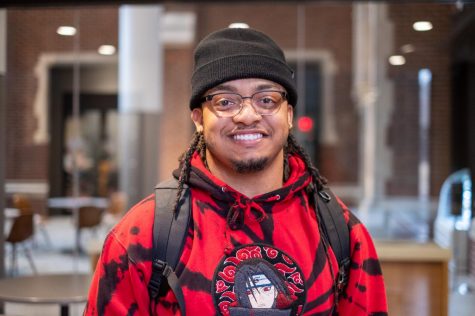
Luke Bryson `25, a student who donated to the BSU’s mutual aid fund, acknowledged the conditions Black students were subject to in October.
“I know going to work shifts during all of that had to have been impossible, so I’m sure people weren’t getting the amount of funds that they normally were. Supporting in that way when I could felt like the right thing to do,” he said.
Bryson also told his family back home about the situation who, in response, raised a donation along with friends for the mutual aid fund.
So far, the BSU has raised over $16,000 of their $25,000 goal. They hope to reach this goal soon and by the end of the semester they will be distributing all funds, no matter the final sum collected.




























































